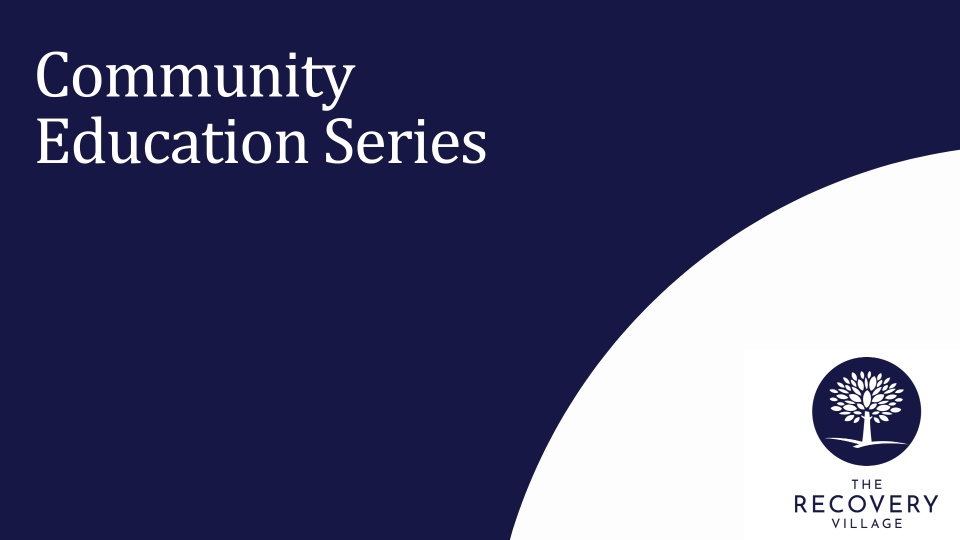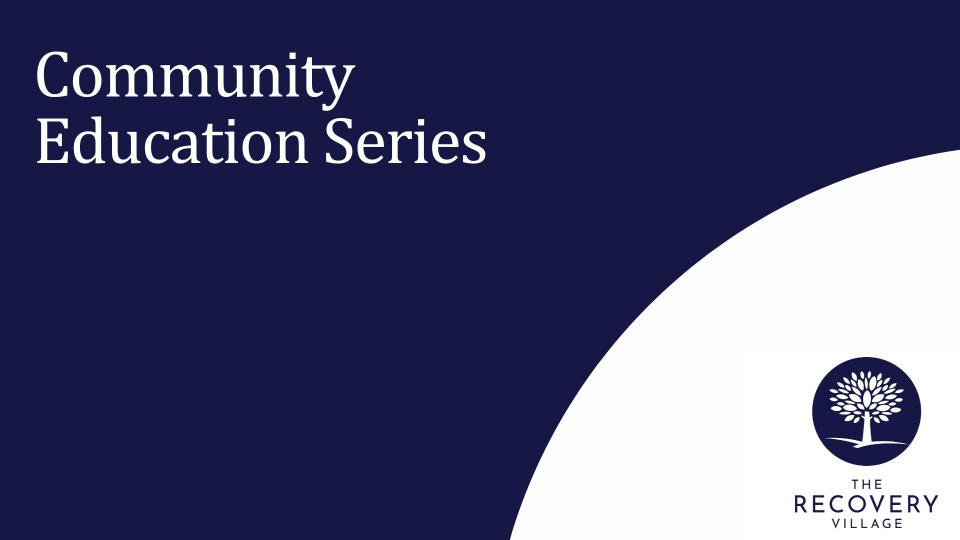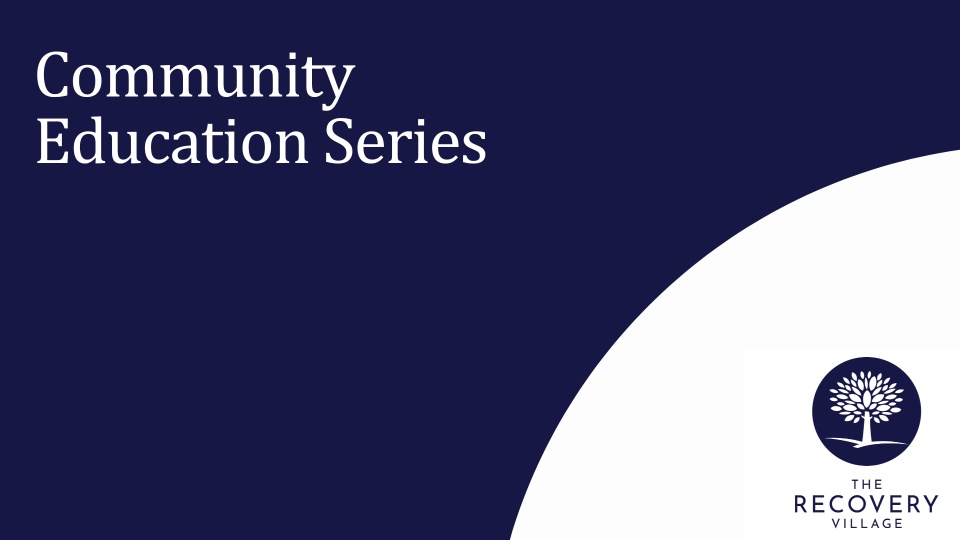A philosophical presentation that draws on recent addiction studies and also examines the various immediate and long-term effects of “Forced Abstinence” vs “Self-Imposed Abstinence” on Problem Gamblers during and post of the COVID-19 Pandemic closures and re-openings of physical gambling venues.
Estimated watch time: 58 mins
Available credits: none
Objectives:
- Define and identify the pros and cons of Forced vs Self-Imposed Abstinence on the Gambling Addiction Spectrum.
- Insights of how closures of physical gambling venues during COVID-19 Pandemic and post openings may have affected abstinence, relapse propensity (e.g., gambling intensity/frequency, economic/social belonging/standing, the inclination for criminal activity to feed the addiction), mental/physical wellbeing, social connectivity, addiction vice transference propensity and/or addiction comorbidity on Problem Gamblers.
- Examining spikes in online gambling during and post COVID-19 Pandemic and the long term impacts on Problem Gamblers.
- Bracing for the next phase of the COVID-19 Pandemic and assisting problem gamblers to deal with added stressors and relapse.
- Lessons learns from the COVID-19 Pandemic lock-downs and re-openings and next steps.









